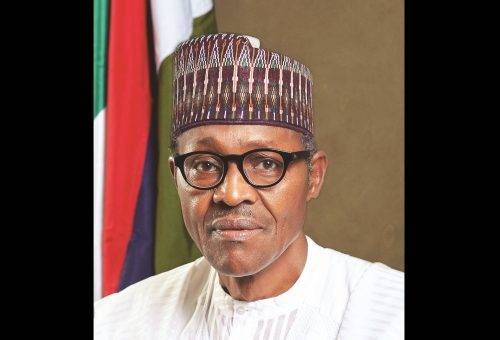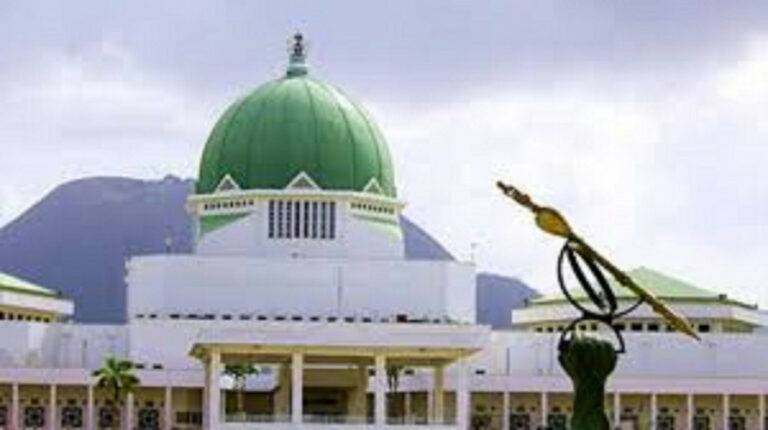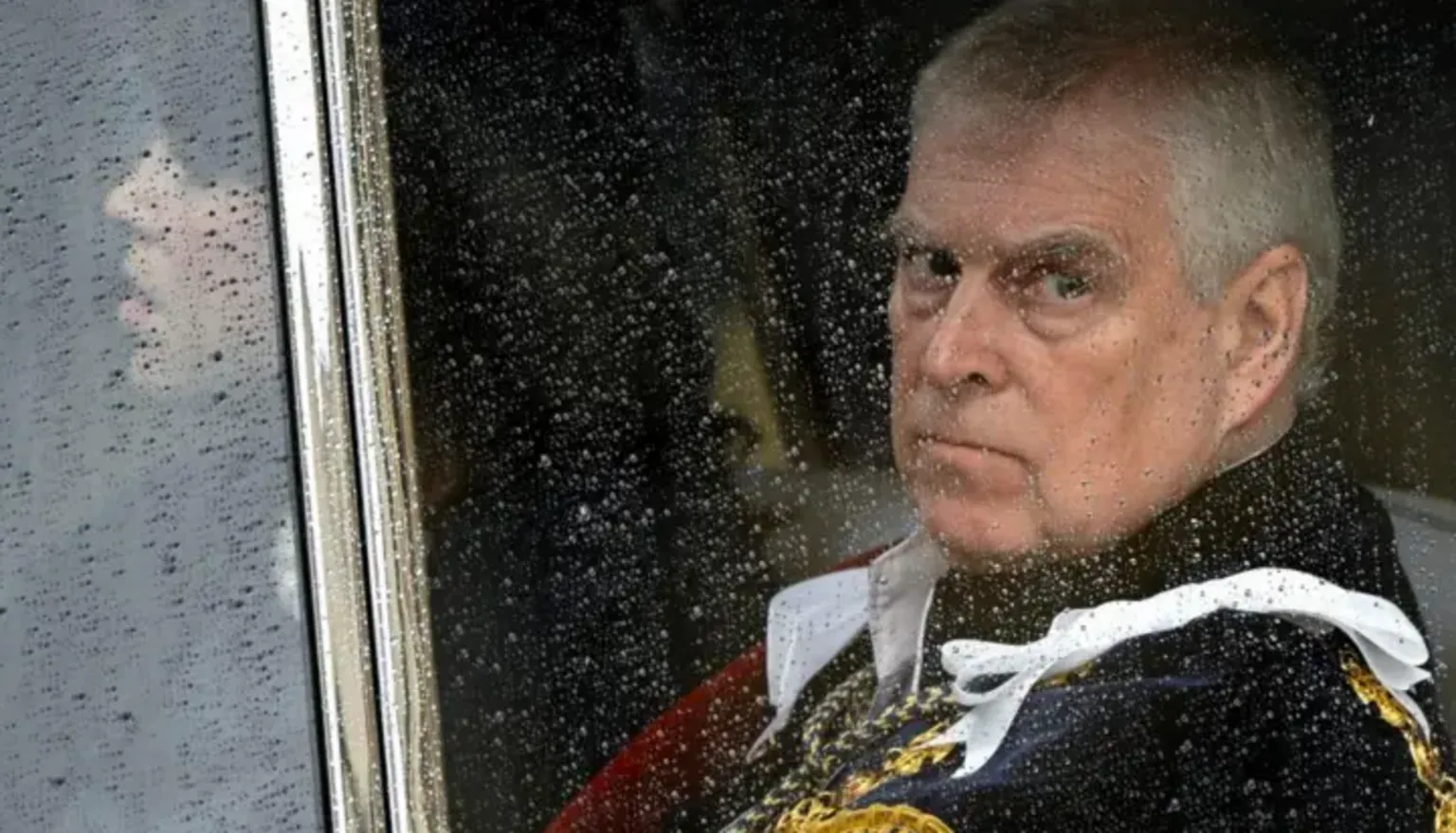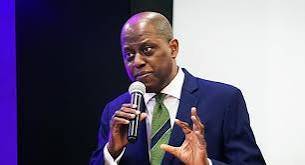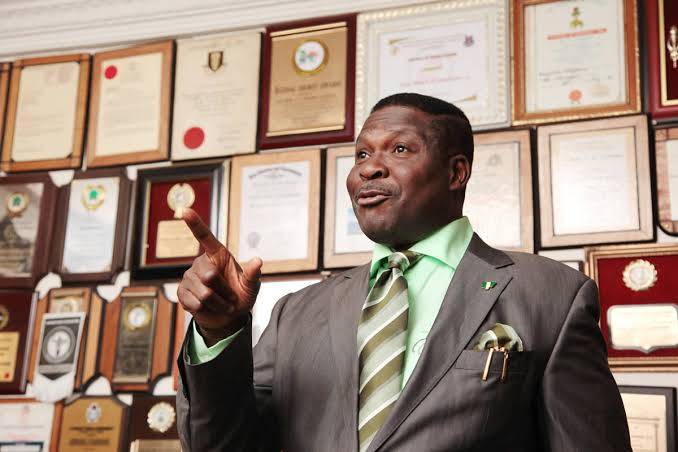It would have been surprising if his death last Sunday, July 13, in a private hospital in London, had been received with universal approbation and adulation of a virtuous, unblemished life in a polity as complex and fraught as Nigeria. First, there are no human beings without fault. With the possible exception of the immaculately spotless Peter Obi, according to the holy gospel of the ‘Obidients’, mortal leaders are no angels. Again, an inevitable and unavoidable price of greatness is the intense controversy evoked by those who make a significant impact on history across time and space. Those who love them do so fanatically, and those who detest them are implacable in their hatred. And so it was with President Muhammadu Buhari, unassuming military Head of State for about 20 months between December 1983 and August 1985, and two-term elected President of Nigeria from 2015 to 2023. It was no different with Ahmadu Bello, Tafawa Balewa, Obafemi Awolowo, Nnamdi Azikiwe, Ladoke Akintola, Murtala Mohammed, Odumegwu Ojukwu and several others who had played prime roles in Nigeria’s political evolution.
When he died in 1987, the great sage, unrivalled administrative genius and first Premier of the Western Region in Nigeria’s First Republic, Chief Obafemi Awolowo, was passionately mourned by his teeming followers and remorselessly reviled by those who could not differentiate him from Satan. The great novelist and thinker, Professor Chinua Achebe, had issued a public statement after Awolowo’s death, accusing him of supporting genocide during the Nigerian civil war, and vigorously canvassing against according the great politician a state burial. He did not believe that the dead deserved some respect, and he was no doubt entitled to his view in a free and open society. It is instructive in this regard that Awolowo’s arch political opponent, Alhaji Shehu Shagari, who defeated him in the 1979 and 1983 presidential elections, awarded him the National Honour of Grand Commander of the Federal Republic (GCFR), even though Awo was never President.
A near-unanimous refrain in the outpouring of emotions following President Buhari’s transition to eternity from both his friends and foes alike, however, was the unrivalled ethical pedestal he bestrode and the impeccable moral integrity that characterised his over five decades in public life. His aversion to material accumulation earned him the lifelong adulation, adoration and reflexive loyalty of millions of ordinary Nigerians, particularly in Northern Nigeria, where mass poverty is particularly pronounced, largely as a result of leadership lack of vision and elite venality. Indeed, in his slim but powerful classic, ‘The Trouble with Nigeria’, Achebe had traced the excessive materialism that is the bane of contemporary Nigeria partly to what he described as the deficiency in the political thought of some of our key founding fathers.
As Achebe put it, “A perceptive student of Nigerian politics, James Booth, has drawn attention to the poverty of thought exhibited in the biographies of Dr Azikiwe and Chief Awolowo in contrast to the expressions of ideology to be found even in the more informal works of Mboya, Nyerere and Nkrumah! In a solemn vow made by Azikiwe in 1937, he pledged: ‘that henceforth I shall utilise my earned income to secure my enjoyment of a high standard of living and also to give a helping hand to the needy’. Obafemi Awolowo was even more forthright about his ambitions: ‘I was going to make myself formidable intellectually, morally invulnerable, to make all the money that is possible for a man with my brains and brawn to make’. Thoughts such as these are more likely to produce aggressive millionaires than selfless leaders of their people. An absence of objective and intellectual rigour at the critical moment of a nation’s formation is more than an academic matter. It inclines the fledgling state to disorderly growth and mental deficiency”.
Though controversial, Achebe ‘s contention here in my view contains some grains of truth. Buhari was no intellectual and did not pretend to be one. He was a simple soldier who defended his country’s territorial integrity first on the battlefield, next in a war against indiscipline and corruption through ‘redemptive’ military statecraft between 1984 and 1985 and then on the partisan political terrain as a politician and emergent statesman between 2003 and 2023. Yet, he had a strong moral orientation to life undoubtedly influenced by his deep commitment to Islamic spirituality. It is amazing that a man who was military governor of the former North Eastern State comprising about five states today did not seize the opportunity to amass stupendous wealth. He was a former Chairman of the Nigerian National Petroleum Corporation (NNPC) and military Head of State but never allocated any oil bloc to himself. He never acquired any property in Lagos. It almost sounds like fiction. It was after he left office in 2023 that the succeeding Tinubu administration upgraded his house in Kaduna.
When he assumed office as military Head of State in 1984, following the martial overthrow of a thoroughly corrupt and decadent Second Republic, the military still had the image of being a redemptive, messianic institution with the requisite reservoir of patriotism and professional integrity to rescue Nigeria from the havoc of predatory politicians. There is no doubt that Buhari and his deputy, Brigadier General Tunde Idiagbon, pursued their War Against Indiscipline and Corruption in essentially purist and uncompromising, Messianic terms. Thus, they set up anti-corruption tribunals that tried and jailed corrupt politicians of the Second Republic for terms that amounted to life sentences. They publicly executed drug couriers and jailed foreign exchange speculators. They drafted draconian punitive laws against a media they perceived as veering beyond the bounds of liberty into licentiousness.
Even before his emergence as military Head of State, Buhari ‘s patriotic commitment to Nigeria was indisputable. In his thrilling and authoritative book, ‘Soldiers of Fortune’, the lawyer, writer and historian reputed for his extensive knowledge of Nigerian military history, Max Siollun, wrote, “Buhari was in charge of troops sent to Nigeria’s north-eastern border region in 1983 to prevent infiltration by armed rebels from the neighbouring Republic of Chad. After his troops successfully cleared the rebels from the border area, the troops advanced several kilometres into Chadian territory. The political hierarchy ordered Buhari to withdraw his troops, but he refused, arguing that the Chadian rebels would return to the area as soon as his troops departed… Buhari was finally persuaded to withdraw after President Shagari enlisted Buhari ‘s superior officers, Lt-Generals Jalo and Wushishi, to order him to pull back.”
As expected and as Max Siollun writes, the incident created a tense relationship between top members of the Shagari administration and Buhari and that “It also caused enough concern in the government for the Transport Minister, Umaru Dikko, to place Buhari under surveillance. Dikko also pressured the Chief of Army Staff, Lt-General Wushishi, to block Buhari ‘s posting to Lagos…The strong-willed Buhari complained to President Shagari that Dikko had asked his movement to be monitored. When Shagari raised the issue with Dikko, Dikko did not deny the accusation, but simply warned Shagari that Buhari could not be trusted and should be retired. Dikko had woken a sleeping tiger.”
Widely reviled by Nigerians, Umaru Dikko had a reputation for corruption, arrogance and contempt for suffering Nigerians. When asked on national television about the economic hardships being experienced by Nigerians under the Shagari administration, he responded by asking if any Nigerians had been seen eating from dust bins! The audacious attempt by the Buhari regime to abduct Dikko from Britain, where he had escaped to after the 1983 coup, an effort coordinated with the support of the dreaded Israeli intelligence outfit, Mossad, made global news at the time. Dikko had been successfully kidnapped outside his residence when he was taking a walk, anaesthetised into unconsciousness, bundled into a waiting van and driven away by Nigerian and Israeli security officers. He was later offloaded into a crate labelled “diplomatic baggage”, addressed to the Nigerian Ministry of External Affairs in Lagos and transported in a lorry to Stansted Airport, where a Nigeria Airways plane was waiting to depart for Lagos with its “diplomatic baggage” at 3 pm.
Unfortunately, there had been a last-minute lapse in the operation and British security and immigration agents in and around the airport had been put on high alert. Attempts by the British authorities to inspect the diplomatic crate were vigorously protested by a Nigerian officer, Major Ahmed Jarfa Yesufu (rtd) and one Okon Edet, a member of the Nigerian High Commission in London. According to Max Siollun, “The vehement protests were dismissed and the police opened the crates with a crowbar. What they found inside was shocking. In the first crate was a bound and unconscious Dikko with his torso bare. Dikko ‘s captors had shoved an endotracheal tube into his throat to prevent him from choking on his own vomit when he was unconscious. His captors wanted him brought back to Nigeria alive. Besides him was Shapiro, brandishing syringes and a supply of additional anaesthetics to administer to Dikko if need be. Shapiro asked the customs officers, “Well, gentlemen, what do we do now?”
Those were momentous episodes in Nigeria’s foreign policy at the time, resulting in a prolonged diplomatic face-off between Nigeria and Britain. Buhari’s transition from a feared military dictator to a democratically elected two-term President who governed with utmost respect for democratic ethos is unprecedented in Nigeria’s history. Obasanjo also governed as a two-term elected President after previously serving as a military Head of State who voluntarily handed over to a democratically elected President in 1979. But on his second coming as elected President, his attempt to secure a tenure extension for a third term in 2007 had to be thwarted by a concerted resistance of critical political stakeholders. Obasanjo sings his anti-corruption credentials from the rooftops and labels everybody else as corrupt. But the monstrous Hilltop mansion in Abeokuta and the expansive Obasanjo Presidential Library complex, as well as numerous multi-billion Naira private investments, give the lie to his rhetoric. Buhari has no such baggage.
This column does not intend to join the debate on the achievements or otherwise of the Buhari administration for his eight years as elected President. His accomplishments are there for all to see, and his failings too, like any leader. One of these is that he was too trusting of some of his key aides who hid behind the cover of his unstinting integrity and credibility to amass humongous wealth without the slightest iota of compassion for the teeming talakawa that Buhari loved and who reciprocated his affection fervently. Yet, some of such unscrupulous persons see his consistently over 12 million votes over several electoral cycles as an asset they can inherit and trade with, even as the honest one leaves us in a blaze of glory. They should not underestimate the intelligence of Buhari’s masses.
Flashback to October 1, 1974. In his address to the nation, Nigeria’s military Head of State at the time, General Yakubu Gowon, told his stunned countrymen and women that his earlier pledge to return the country to democratic governance by 1976 was no longer feasible. Aba Saheed, pen name of Akogun Tola Adeniyi, fiery and unsparing columnist with the then trail-blazing Daily Times, responded with a pungent and incisive piece titled ‘Death, I salute you!’. He warned about the transience of human existence, the ubiquity of death and the ultimate vanity of power. Buhari needed no such admonitions. According to his media adviser, as President, Femi Adesina, towards the end of Buhari’s tenure, he asked the former President, “after here, what next?” And he responded, “I’m looking forward to leaving. And from there, I go to my grave at the appointed time”. No wonder he was so indifferent to the obsessive accumulation of wealth and the arrogant utilisation of power. May the honest one rest in deserved peace.


